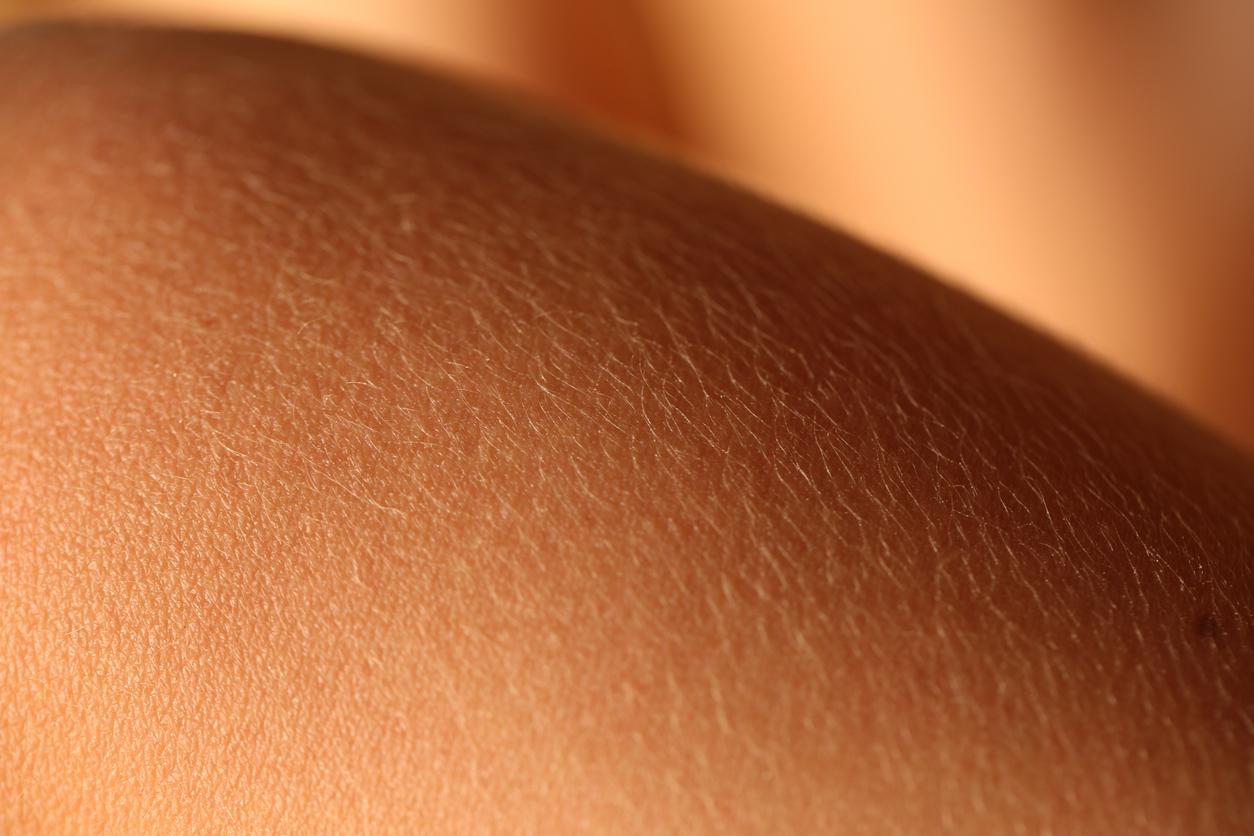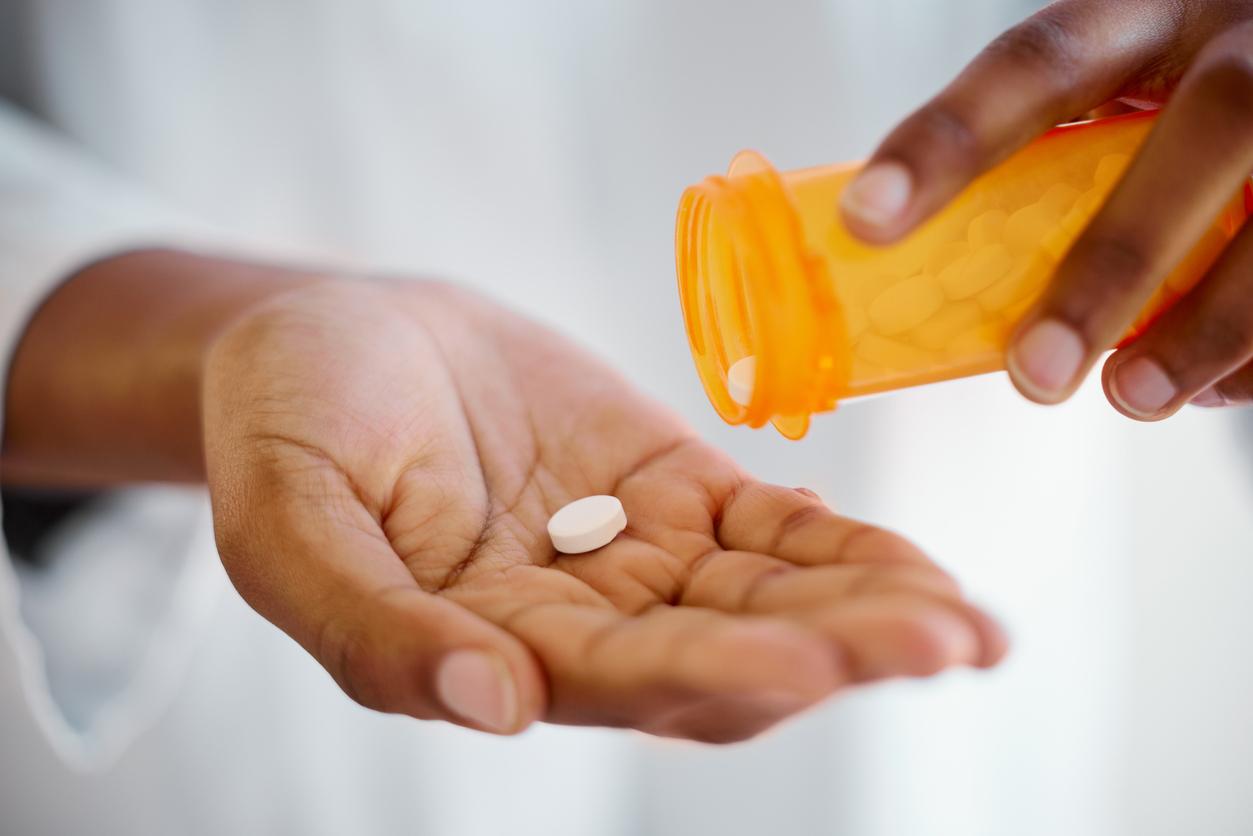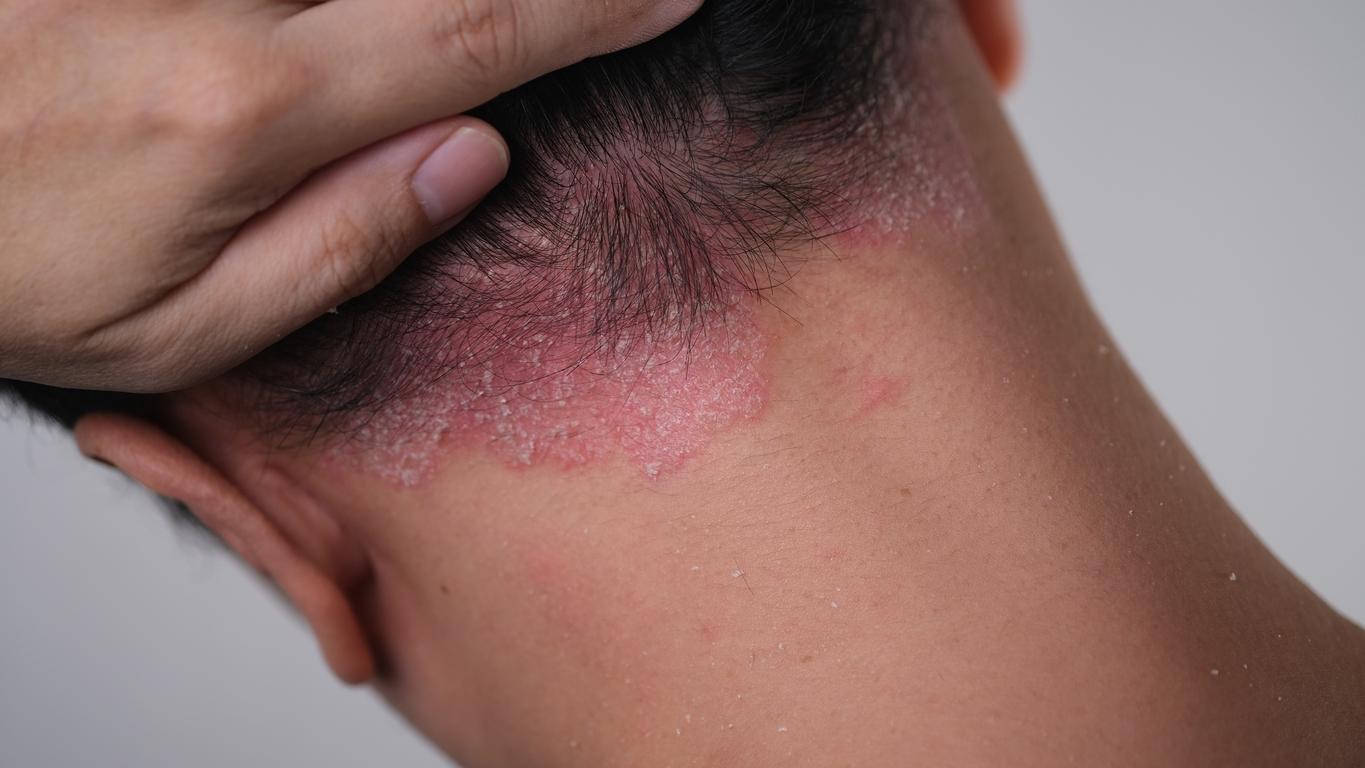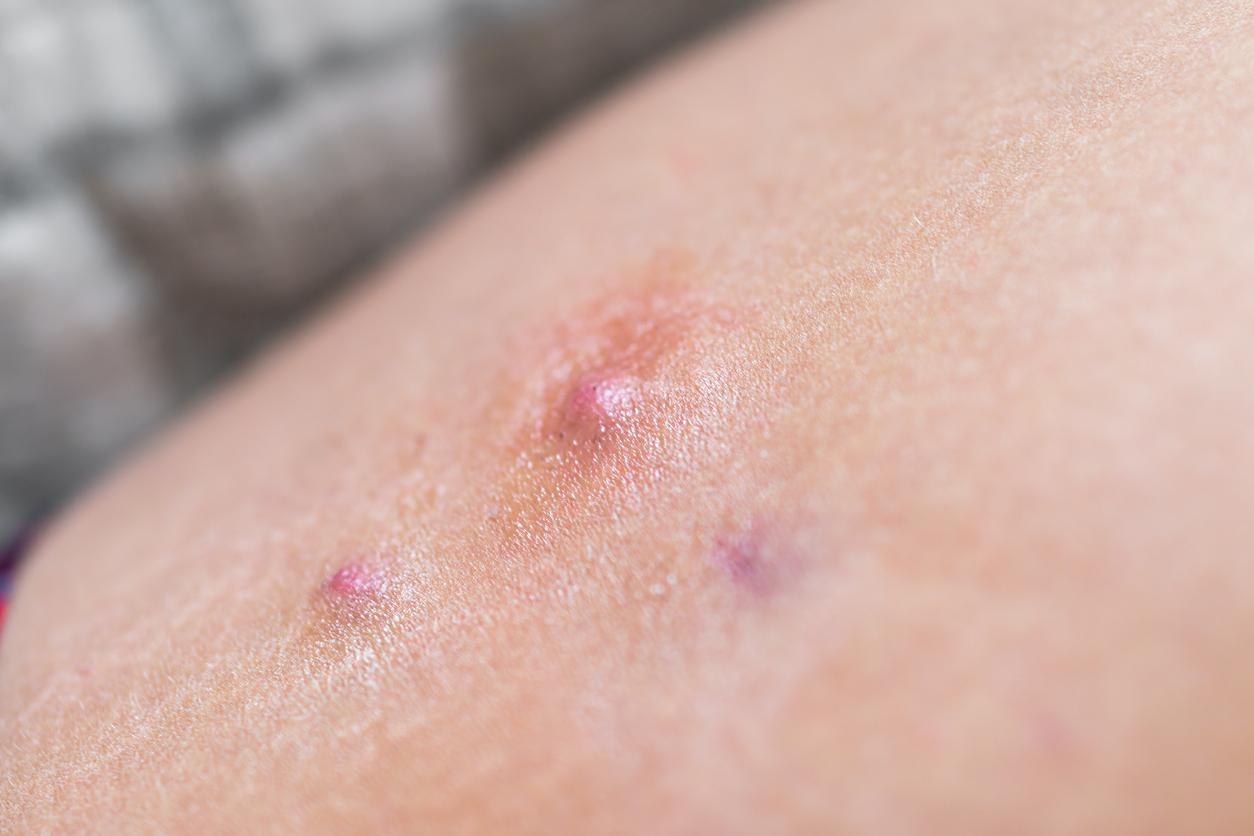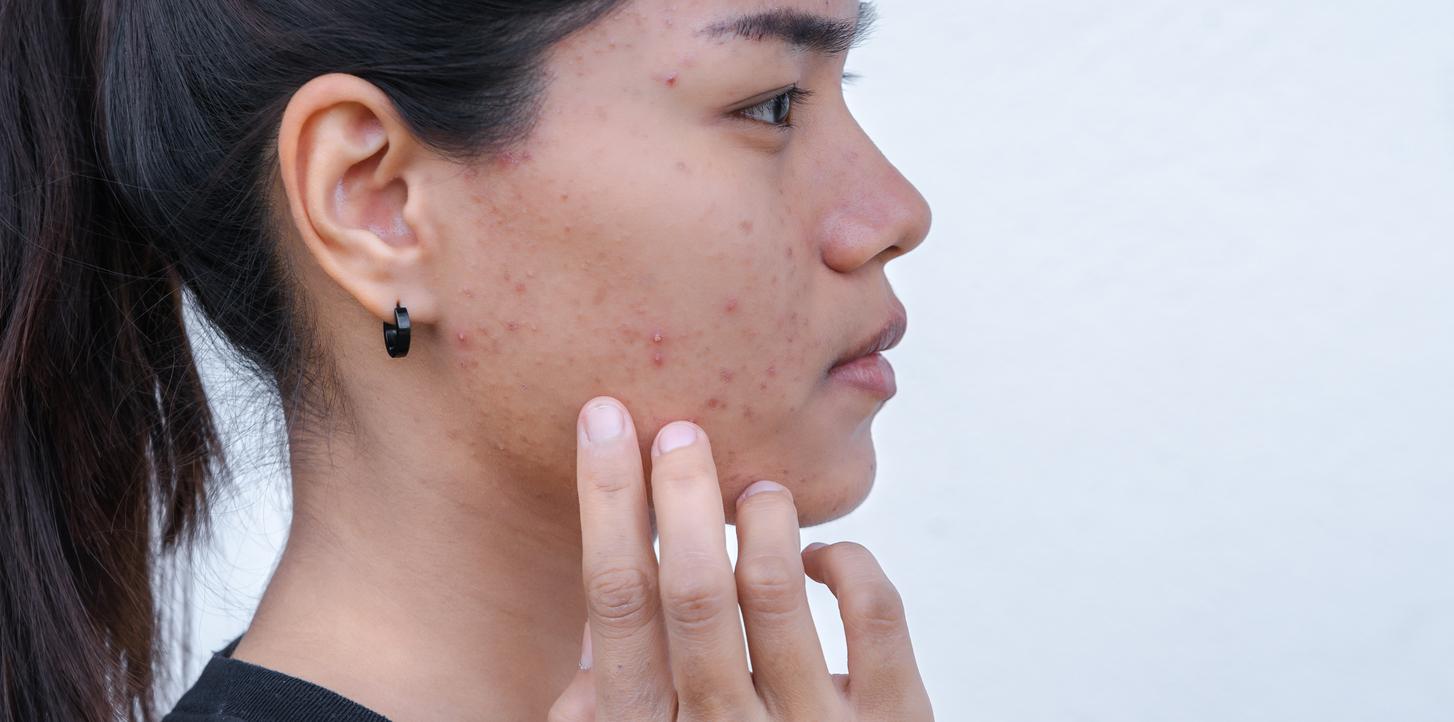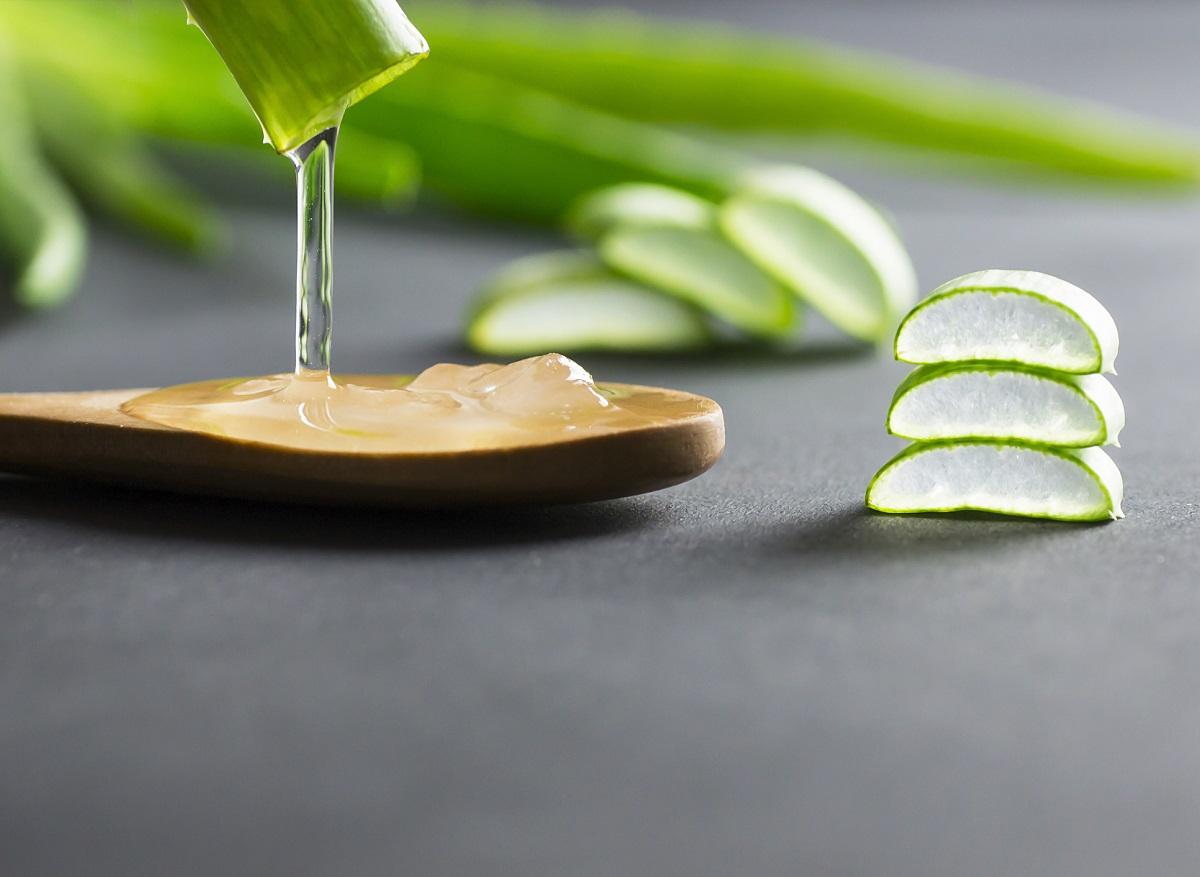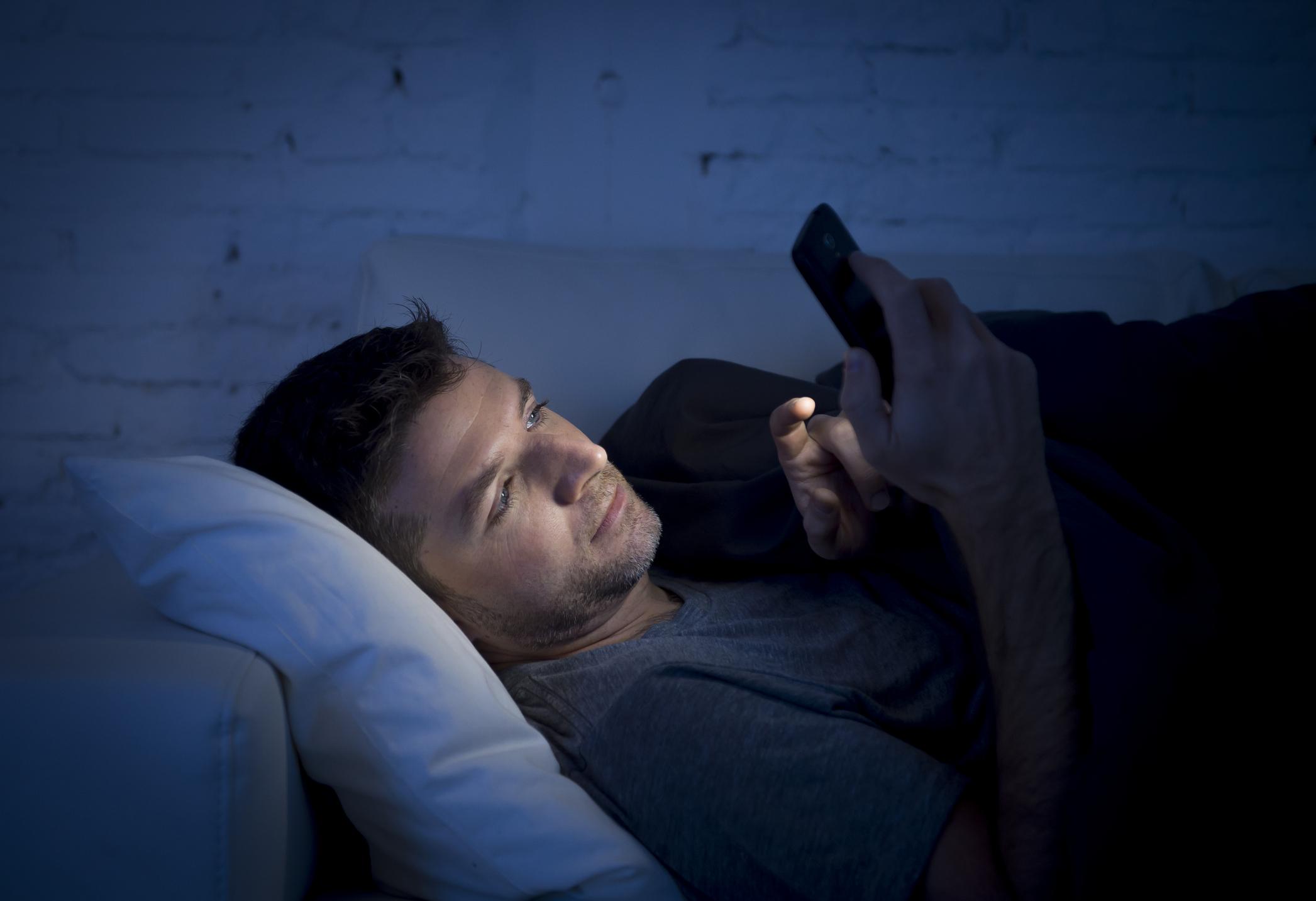The largest and heaviest organ in the human body, the skin envelops and protects us, while educating us about the outside world through the sense of touch. Not only can we not survive without it, but so far nothing can replace it entirely.
Thanks to its pH, it prevents bacteria, viruses and fungi from proliferating on its surface and from entering the body. The keratinocyte cells present on its surface and Langerhans cells, macrophages found in skin tissue, are at the forefront of our immune system. But the skin is not infallible and sometimes lets itself overflow, opening the way to various infectious agents (viruses, fungi, etc.) which develop there, due to favorable circumstances. Sixteen million French people over fifteen would be affected by a skin disease.
She may also sometimes respond inappropriately to what she considers aggression. Then appear eczema, psoriasis, acne, which are inflammatory conditions. Under the repeated effects of attacks, particularly the sun, the skin can also be irreparably damaged, unable to repair the damage it has suffered.
Skin problems due to covid
Wearing the mask seems to have led to an increase in the number of complaints of redness and irritation, or even microcysts and pimples which gave rise to the appearance of the term “masked”, contraction of the words mask and acne. Likewise, between the use of hydroalcoholic gel and the reinforced hand washing recommended in barrier gestures, the skin of the hands has become drier than usual. But what about the rest of the body? During the first containment, the Water Company of the West of Paris (SEOP), which supplies water to more than a million users in the Ile-de-France, announced that it had increased the amount of chlorine in water treatment to make washing hands more effectively, and killing the virus faster. Tap water remains drinkable, but can be slightly more corrosive to the skin.
When you wash yourself insistently, you strip the hydrolipidic film that covers the skin. However, this film is essential to prevent the skin from being dry. It is a greasy surface which prevents water from evaporating too much. When it disappears, the skin has no more means of retaining the water it contains and dries up faster. There are several solutions to combat this problem … and drinking more water is not one of them! “No matter what you drink, without anti-evaporation protection, the skin will remain dry”, explains the Parisian dermatologist Marie-Estelle Roux.
Should we change our washing and hydration habits?
To renew this hydrolipidic film, two possibilities: wash a little less, or in any case “do not insist on the parts that do not get too dirty in these times of confinement and telework. You can for example avoid applying soap. on the stomach, the back, the arms or the legs “, she emphasizes. In any case, it is better touse an ultra-rich soap. Another option, completely compatible with the first one: “remember to add cream on the body, it will replace the hydrolipidic film. Prefer creams based on the fatty phase or ceramides, which act like brick walls preventing water from evaporating from the skin. Prefer them neutral, without perfume, to avoid any aggression “.
For irritated scalps, she recommends using mild, moisturizing shampoos, and if necessary using food supplements based on omega 3, omega 6 and borage oil. Or change your diet slightly by increasing your consumption of sardines and salmon, for example. Finally, you can opt for nourishing masks with natural oils such as sweet almond, deposited directly on the skull.
Antiseptic soaps: a bad idea!
Be careful not to wash (neither your hands nor your body) with antiseptic solutions. Some could be tempted by betadine showers to be sure to kill the Covid-19 … But it would be counterproductive, as Marie-Estelle Roux explains. Antiseptic solutions or soaps will unbalance the microbiota cutaneous. This is made up of “good” bacteria which have a defensive role against external attacks (such as viruses). If we disrupt this microbiota, we become more fragile.
Read also :
- Dry skin: 6 moisturizing active ingredients that change shea
- Do-It-Yourself Softening Hand Lotion Recipe
- An avocado hair mask for dry hair


















